
Create an OpenShift Serverless function
Learn how to implement a back-end function and a front-end web application, then

Learn how to implement a back-end function and a front-end web application, then
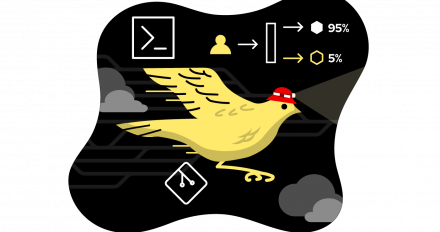
In this learning path, you will use basic Kubernetes skills to understand and
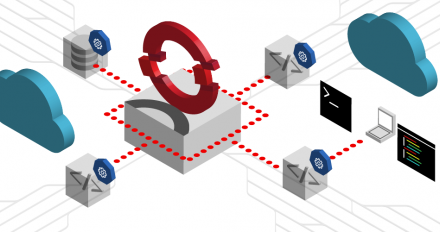
This article explains the concept of cloud-native canary deployment strategy using Red Hat OpenShift Service Mesh following a GitOps model, including a demo.
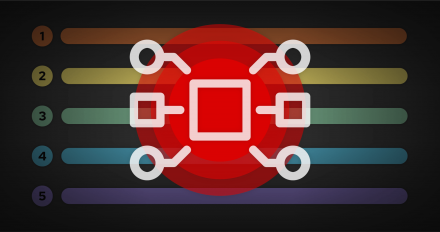
APIs evolve along with changing business needs and the technology landscape. This article provides strategies for navigating change with a practical example.
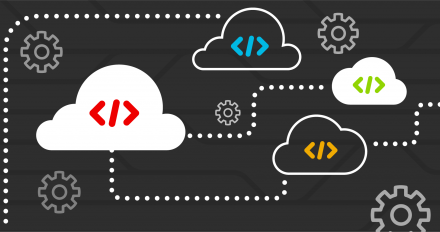
Learn how to implement a complete CI/CD pipeline using Source-to-Image builds deployed in Azure Red Hat OpenShift with Azure tooling.

Discover new features in Network Observability 1.5, Red Hat's operator that focuses on providing insights into networking.

Explore how to use Gatekeeper policies with Gateway API policies from Kuadrant, an open source project for managing multiple API gateways.
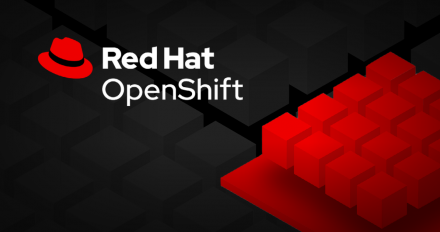
Find out what's new for developers in Red Hat OpenShift 4.15. Access Tekton Results in the console, try Red Hat Developer Hub quick starts, and more.
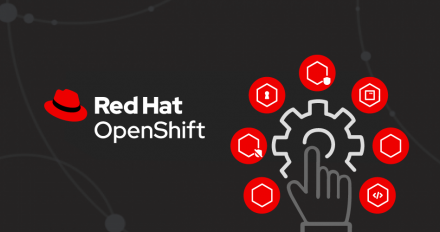
Learn how to deploy and manage a fleet of OpenShift clusters spanning multiple versions using Red Hat’s Zero Touch Provisioning (ZTP), GitOps operator, and Red Hat Advanced Cluster Management.
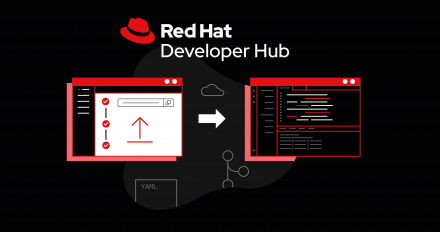
Learn how to onboard developers onto Red Hat Developer Hub, so they can import

Virtual machines offer many advantages, but they do consume additional memory. Discover how Free Page Reporting can improve performance and memory utilization.

In this blog, we focus on Templates, TemplateInstance (TI), and TemplateGroupInstance (TGI) in the Multi Tenant operator, officially certified with Red Hat.
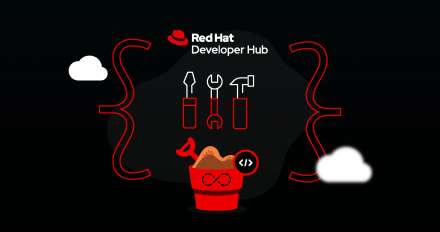
Learn how teams can boost developer productivity by implementing Red Hat Developer Hub to automate repetitive tasks and introduce self-service options.
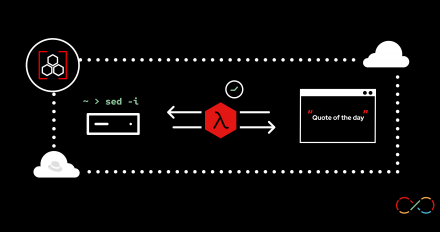
Because application images are prebuilt for use in containers, using server

Learn how to install a Red Hat Data Grid server using Data Grid Helm charts, which offer more flexible deployment and resource management.
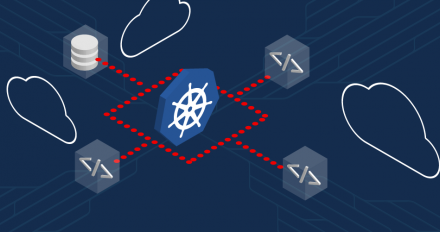
Get an overview of kube-burner, a flexible open source Kubernetes performance and scale testing tool, and explore the latest features and usability improvements.

The Developer Sandbox is a great platform for learning and experimenting with
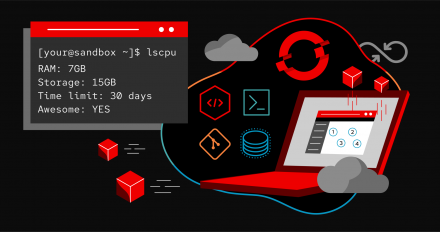
While learning about state-of-the-art software development is important and
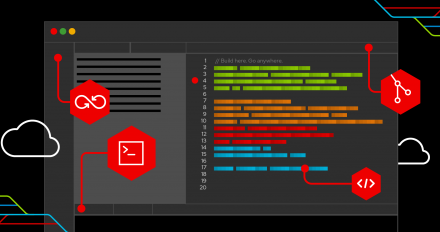
Check out the winning projects from the CodeShift hackathon, showcasing the Red Hat OpenShift application development platform and Intel’s AI/ML technologies.
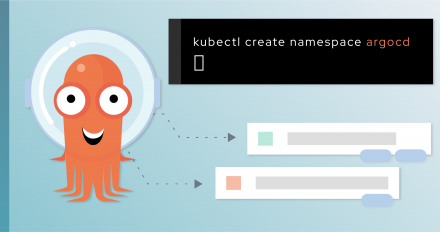
Dynamically update, create, and delete applications created by the ApplicationSet controller in Argo CD using the Argo CD plug-in generator.
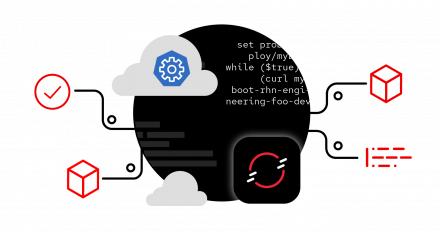
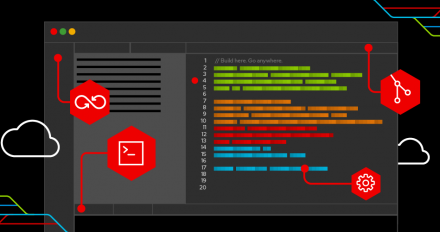
Discover how implementing round-trip time in OpenShift can help you monitor network health and troubleshoot TCP-related issues.

Learn best practices for estimating resource requirements when planning an OpenShift Data Foundation disaster recovery environment.

Get an overview of key security best practices for Red Hat OpenShift Dev Spaces that can help foster a more resilient development environment.

The Palo Alto Networks’ CN-Series Container Next-Generation Firewall product now supports the OVN-Kubernetes CNI plug-in on Red Hat OpenShift clusters.